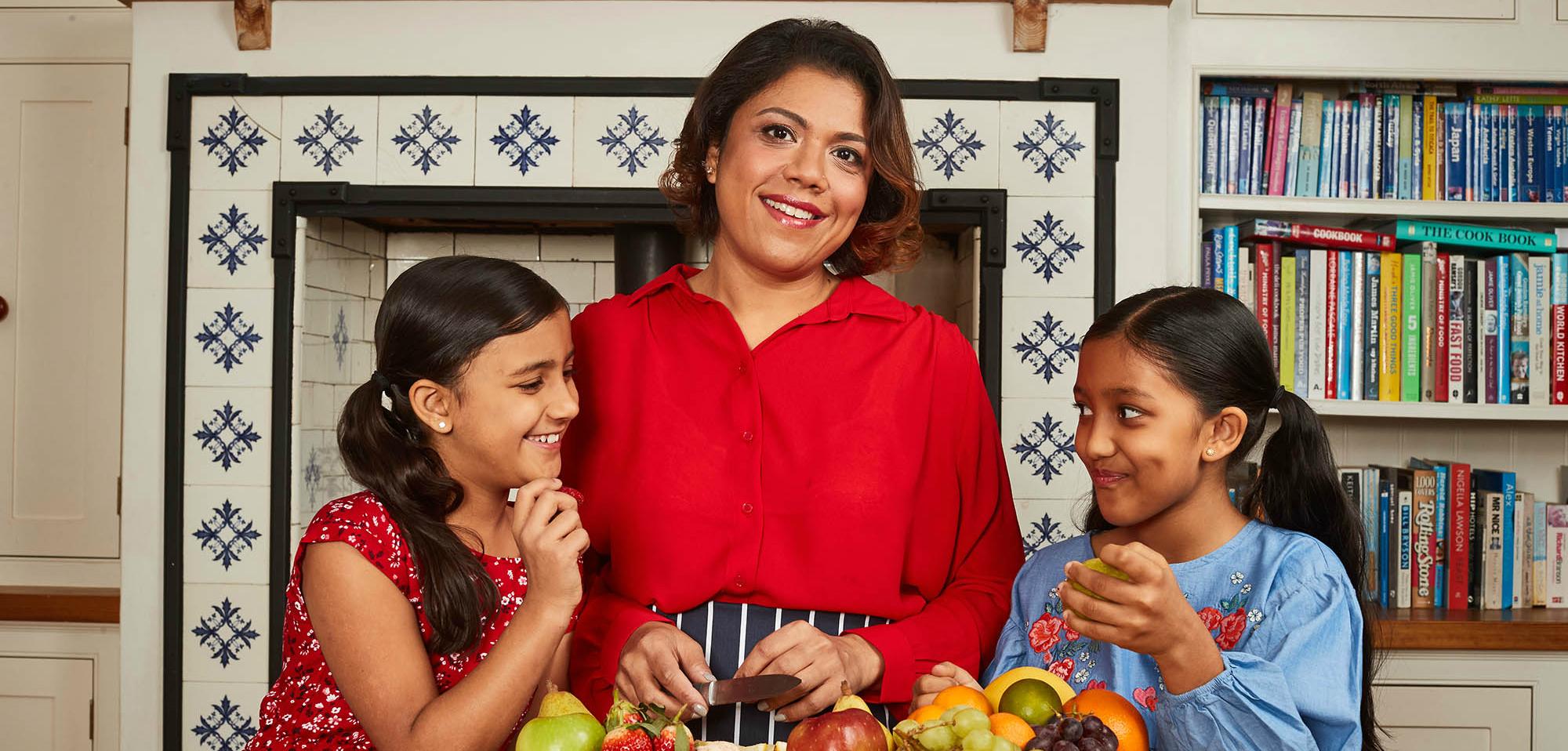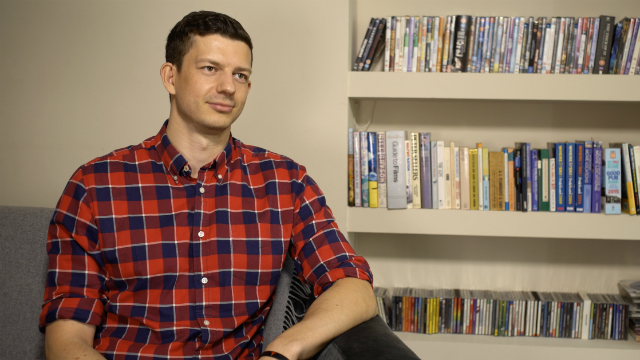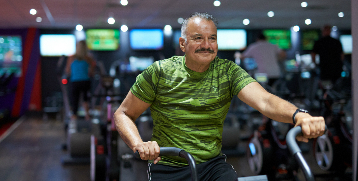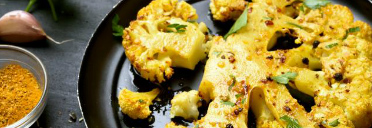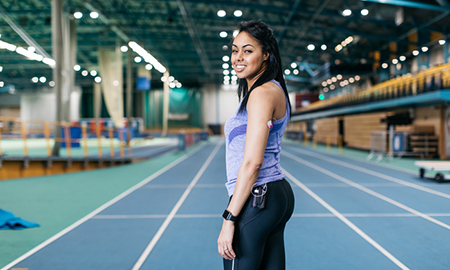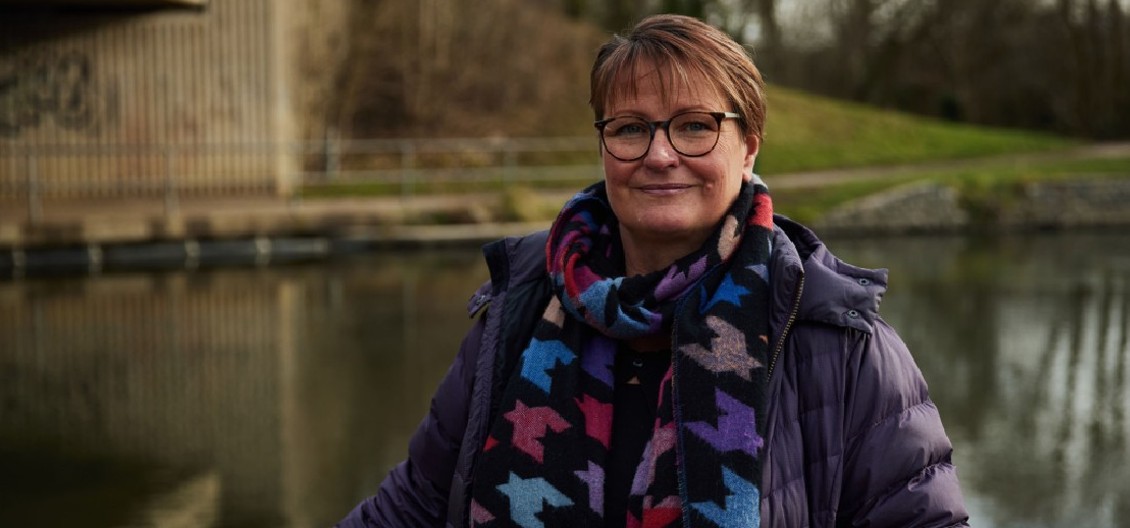Shivali's journey with diabetes
{"preview_thumbnail":"/resources-s3/public/styles/video_embed_wysiwyg_preview/public/video_thumbnails/rL5m-QjgRHg.jpg?itok=FtqEpTCS","video_url":"https://youtu.be/rL5m-QjgRHg","settings":{"responsive":1,"width":"854","height":"480","autoplay":0},"settings_summary":["Embedded Video (Responsive)."]}
- Was in the early stages of pregnancy when diagnosed with type 2 diabetes, aged 26, in 2008
- Suffered a miscarriage shortly after her diagnosis
- Spent years battling with feelings of shame and stigma associated with diabetes as a South Asian woman, combined with unhealthy eating habits and a lack of physical activity
- Gradually increased her diabetes medication, leading to unpleasant side-effects
- Started running and joined Slimming World, eventually losing 5.5 stone
- Was told in September 2018 that her diabetes is now in remission
- Now wants to help others in a similar situation to face up to their condition and adopt healthy lifestyle changes
Exercise, diabetes and mental health
Chris Pennell, a professional rugby player, discusses the effect of diabetes on his mental health and how he combats it.
{"preview_thumbnail":"/s3/files/styles/video_embed_wysiwyg_preview/public/video_thumbnails/Eo4zc9xkan8.jpg?itok=LjCgRmW6","video_url":"https://www.youtube.com/watch?v=Eo4zc9xkan8","settings":{"responsive":1,"width":"854","height":"480","autoplay":0},"settings_summary":["Embedded Video (Responsive)."]}
